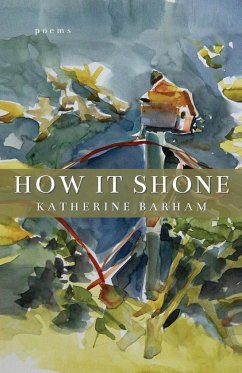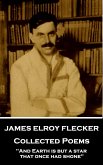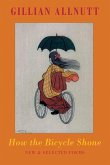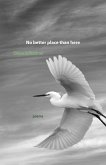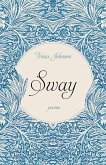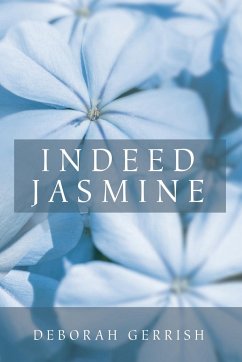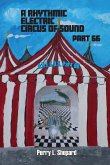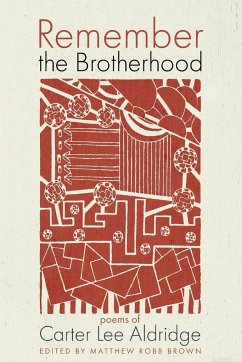As if the silence of snow falling on itself/drowned out the edicts of ice/and the demolition next door-as if/a promise glowed-these poems are beautifully poised on that "as if..." Their luminous clarity is matched by delicacy of feeling, understatement, subtlety, an attentive ear so fine it can hear Longings/spin gravel and go, or that bird's wing brushing the air. So much home truth in this slender volume, but such lightness of touch we can almost forget that "how it shone" is inseparable from its vanishing. --Eleanor Wilner, author of Before Our Eyes: New and Selected Poems, 1975-2017 and winner of the 2019 Frost Medal for distinguished lifetime achievement in poetry "My father bore witness to the things of this world," Katherine Barham writes, "but he wouldn't presume to be them." Later, she recalls "geese gliding back / across the pond into themselves," and says of the deer who don't see her watching, "it's good / they don't know I imagine joining them." In poems that bear close and perpetual witness to the particulars of the world we share, Katherine Barham acknowledges nature's obliviousness to our presence - air "haywire with cicadas," bees that "sucked, / head down" through a season of drought, the geese, the deer - both to mark our own sad interruptions of that balance - our isolations, our inexplicable cruelties, the trouble that consciousness brings - and to remind us that to join the harmony offers us the chance to return to ourselves. "I gallivant," she writes - no, that's a bird. "At best I leave a blush behind," she writes - no, that's the moon. "I brush my wings across her face," she writes, and that's the human self, guardedly and provisionally at home. -Nathalie Anderson, author of Quiver and Stain The poems in How It Shone sometimes celebrate, sometimes accuse and sometimes query the past and its players, invoking familial and romantic relationships. Plants, insects, animals and the seasonal cycle offer a diversion or respite from human encounters. These other inhabitants of the planet, while fascinating for their mysterious domains, are granted their autonomy and separateness from poets like Barham who "imagine joining them."The poems in How It Shone sometimes celebrate, sometimes accuse and sometimes query the past and its players, invoking familial and romantic relationships. Plants, insects, animals and the seasonal cycle offer a diversion or respite from human encounters. These other inhabitants of the planet, while fascinating for their mysterious domains, are granted their autonomy and separateness from poets like Barham who "imagine joining them."

